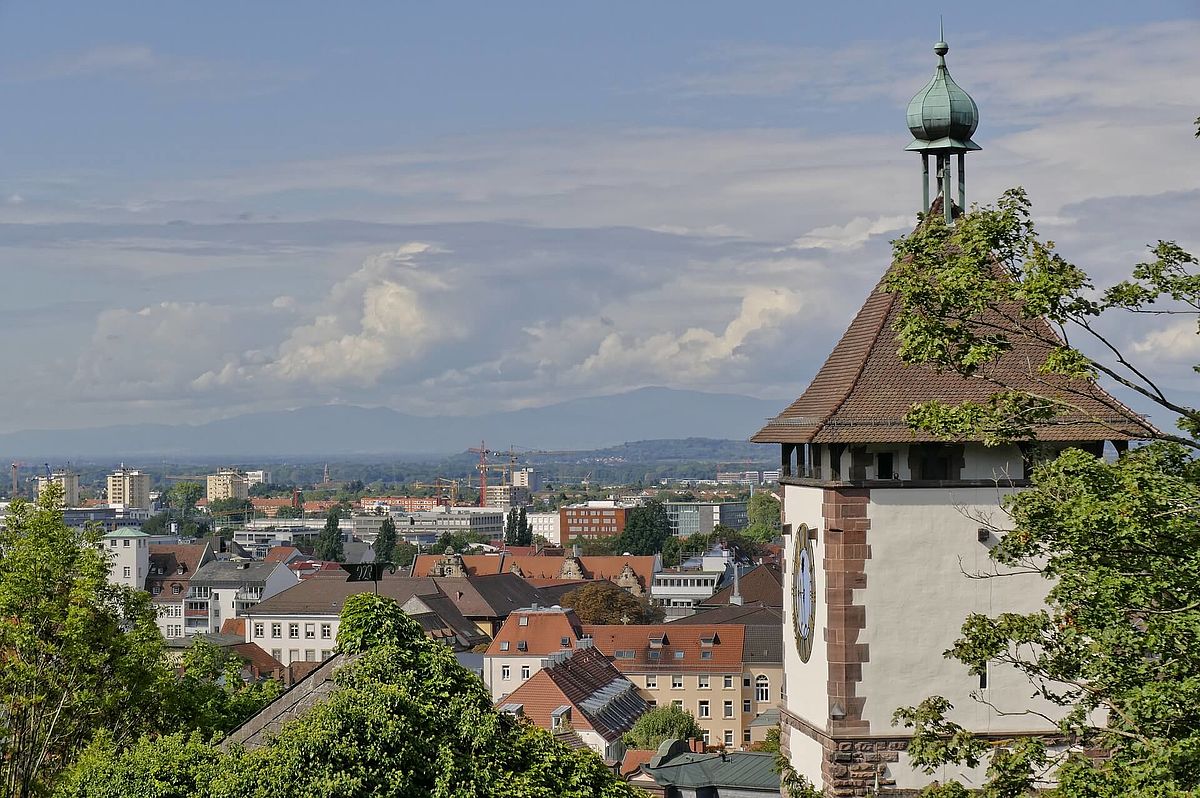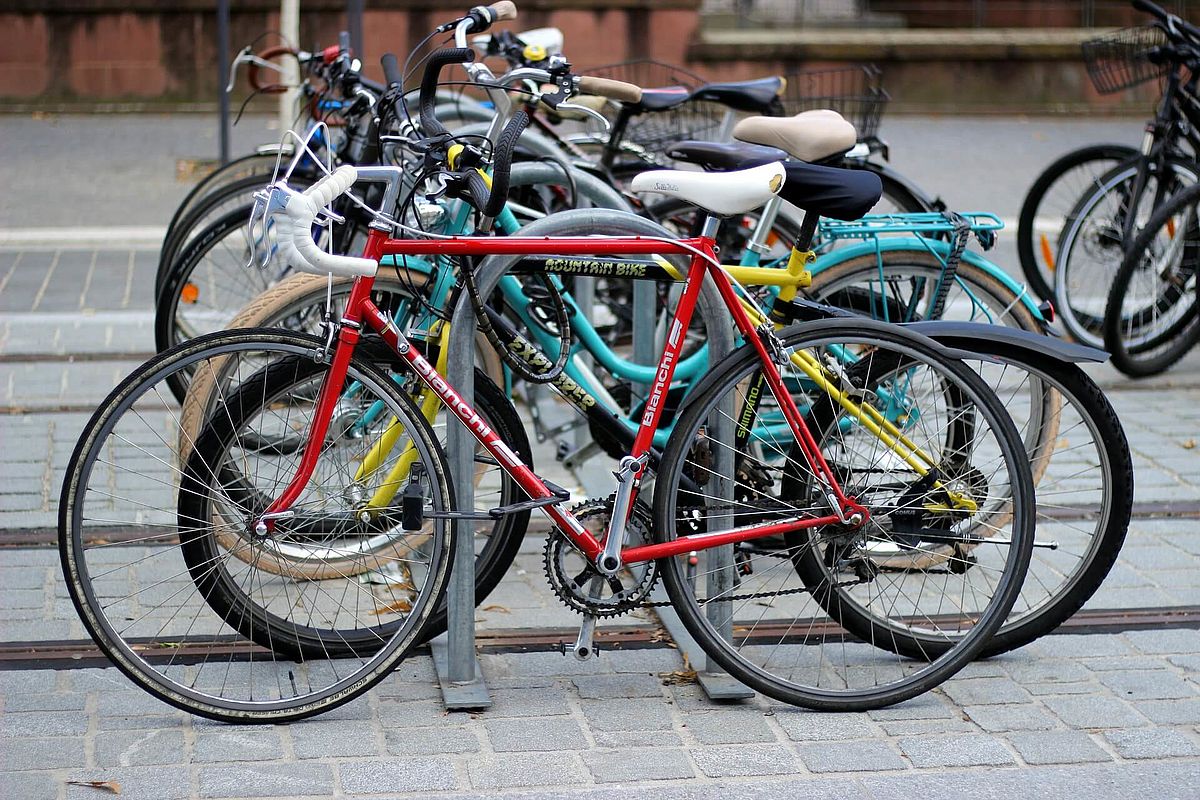Freiburg im Breisgau, Germany
The idea of the "Circular Economy" - the management of material and energy cycles - has long been part of Freiburg's concept of waste management and climate protection. Since introducing the first concept of waste management in Freiburg back in 1991, a profound transition from hazard protection and waste deposit oriented tasks to a circular economy of resources and recycling and of waste prevention have been implemented and actively developed by the waste management in Freiburg.
Actors and actions
Freiburg believes that the transition towards a Circular Economy needs actors and actions. Actors within a city or a state or an inter-region come from many fields within a society: public authorities, governments, businesses, non-governmental organisations andcitizens. It needs commitment to make efforts to reach the goal. That is one of the reasons why Freiburg joined the EU-Interreg Alpine Space Project Greencycle, aiming to introduce a holistic circular economy system in the Alpine Space, in order to reduce CO2 emissions.


Key principles
As part of the Greencycle project, Freiburg helped develop 12 key principles for a transition towards a circular economy.
1. Implement circular economy principles into local policies
2. Strive towards the UN Sustainable Development Goals
3. Network transnationally
4. Support multi-sector cooperation
5. Lead by example
6. Educate the public
7. Promote circular products
8. Promote sustainable consumption patterns
9. Support research, innovation and qualification
10. Implement financial incentives
11. Invest in infrastructure
12. Monitor and measure

